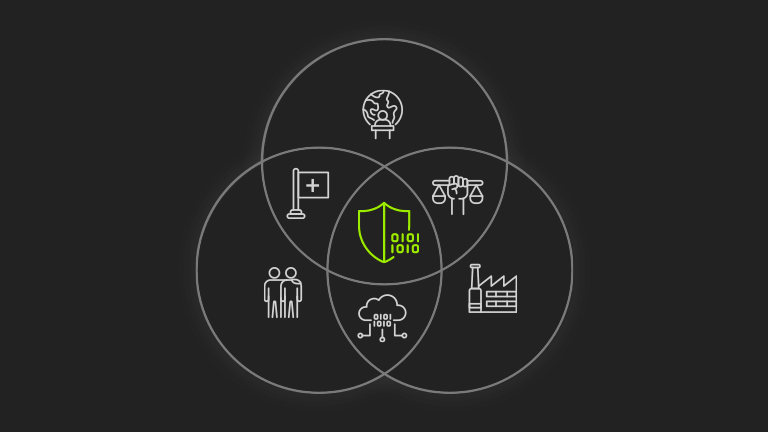Sovereignty is not self-sufficiency
Many discussions about digital sovereignty focus on whether proprietary tools such as Word should be replaced with open-source alternatives like LibreOffice. But this perspective is far too narrow. True digital sovereignty does not mean developing or running every piece of software in-house. It means safeguarding your freedom of action. The French put it more elegantly: «savoir-faire» vs. «pouvoir-faire».
Looking behind the business models
To truly understand sovereignty, it is worth examining the logic behind most SaaS providers. Their goal is to secure revenue in the long term. To achieve this, they build so-called “moats”, barriers designed to make it difficult for customers to switch:
- System of record: the central system where the most important data is stored.
- Deep integration: the solution becomes so deeply embedded in the organisation that switching seems nearly impossible.
This is how providers bind customers far beyond any formal cancellation periods. Since the relationship is not on equal terms, providers can impose unilateral price increases, changes in scope, and more without fear of losing customers.
The first step: regain control of your data
At the core of digital sovereignty lies the ability to keep control over your own data and business logic. My data belongs to me.
Concretely, this means:
Data storage and central business logic should be held in systems that do not create vendor lock-in, neither technically nor practically.
Around this stable core, SaaS solutions can indeed make sense. What matters is ensuring that alternatives are always available.
An example: Our ERP (Zebra) is connected to Slack, n8n, Float, and other tools. But for each of these tools, alternatives exist. This gives us strong leverage in price negotiations because we could switch at any time.
Short-term savings, long-term costs
Of course, standard products may appear more attractive at first glance because they save costs in the short term. But they are rarely sustainable. Those who manoeuvre themselves into a dead end today will pay the price tomorrow, whether through high migration costs, limited ability to innovate, or dependency on pricing decisions.
It’s clear: simplicity is key, but not at any cost. Sovereignty means making conscious decisions today that preserve freedom of choice tomorrow.
Digital sovereignty is not a dogma against SaaS or proprietary solutions. It is about smart architectural decisions that avoid dependencies and secure freedom of action. Only then can you remain sovereign, even in a digital world that is constantly evolving.
Are you interested in a generative AI platform without dependence on Big Tech companies? Based on Open WebUI we develop independent chat solutions for our clients, powered by open-source LLMs: secure, flexible, and sovereign.
You can learn more about our long-standing commitment to open source here.


